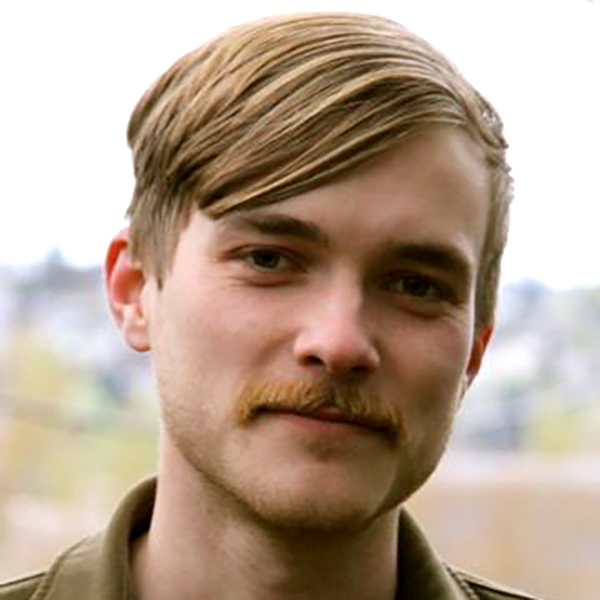
Winston Churchill famously said that Russia is “a riddle, wrapped in a mystery, inside an enigma.” These words still ring true. Following the collapse of the USSR in 1991, many observers predicted that Russia would join the world community as a democratic, free-market nation among others. Yet time and again, events in Russia have taken surprising turns: the cooptation of democratic institutions, first by oligarchs and then by Putin’s political machine, the whiplash of mass oppositional protests in 2011-2012, the renewed triumph of Putin’s conservative, “patriotic regime,” the reemergence of belligerence between Russia and Western states, and finally, the unprovoked 2022 invasion of Ukraine that initiated a continuing war that threatens global stability.
In this course we will study Russian politics and culture in order to gain insight into this complex chain of events. We will consider journalism, novels, films, televised media, and the internet. We will analyze cultural life in the light of politics, and learn how works of art and culture comment upon the political. Units will focus on: representations of Russian history, collective identity and patriotism, intellectuals and elites, gender and sexuality, consumption and wealth, the career and public image of Vladimir Putin, geopolitics and war.
As is evident from Churchill’s quip, Western observers often consider Russia to be an alien and unfathomable realm. This course will enable you to understand Russian politics and culture—both those aspects that are truly distinct, and others that may be unsettlingly familiar.
Portraits of Contemporary Russia is an introductory level course for which no prior knowledge of Russian history, culture or society is required. All readings and viewings are in English.
*Academic credit is defined by the University of Pennsylvania as a course unit (c.u.). A course unit (c.u.) is a general measure of academic work over a period of time, typically a term (semester or summer). A c.u. (or a fraction of a c.u.) represents different types of academic work across different types of academic programs and is the basic unit of progress toward a degree. One c.u. is usually converted to a four-semester-hour course.
Instructor
- Instructor, Penn LPS Online
Michael Brinley is a PhD candidate at the University of Pennsylvania working on 20th century Russian and Soviet history. His dissertation, titled "Model Cities and Mobilized Citizens: Contesting Soviet Urban Growth in the Era of Developed Socialism, 1957-1985” tracks the evolution of Soviet city planning institutions in… Read more

